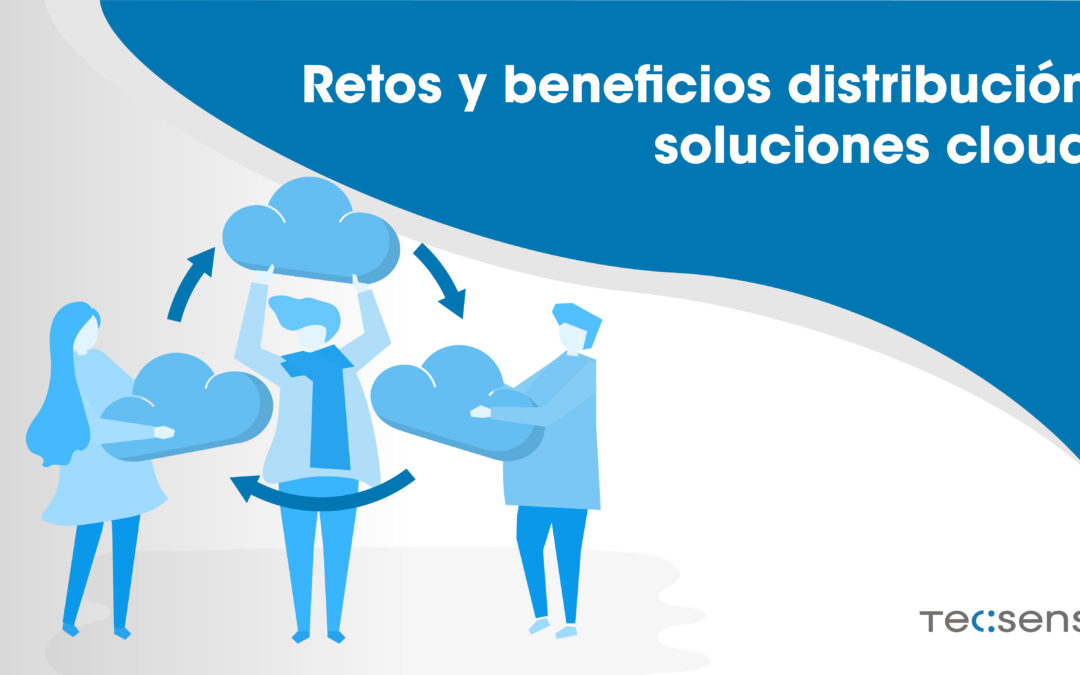The adoption of cloud solutions has experienced exponential growth in recent years, many companies do not have the training or capacity to have these in their service catalog, so they are looking for partners who offer them. However, the distribution of cloud solutions is not without challenges and therefore it is necessary to know all the points to choose the right partner. Let’s take a look at the challenges and benefits of delivering cloud solutions associated with this ever-evolving technology paradigm.
8 Challenges of Delivering Cloud Solutions
These are some of the challenges that a company faces when choosing a cloud solution, so it should be taken into account that the provider you choose covers them.
Data Security:
One of the most significant challenges when delivering cloud solutions is data security. Information stored in cloud environments can be vulnerable to cyberattacks. Ensuring the integrity and confidentiality of data becomes crucial, requiring advanced security measures and risk management strategies.
Connectivity & Bandwidth:
The efficiency of cloud solutions is highly dependent on robust connectivity and sufficient bandwidth. In environments where the internet connection is unstable or limited, the distribution of cloud solutions can result in a poor experience for users, impacting productivity and accessibility.
Compatibility & Migration:
Transitioning from on-premises systems to cloud solutions can run into compatibility issues. Data and application migration can be complex and requires a detailed strategy to avoid disruptions to day-to-day operations.
Benefits to consider for the distribution of cloud solutions:
It is vitally important for the partner that when selecting an IT channel to distribute cloud solutions, they offer the following benefits.
Scalability:
One of the biggest benefits of delivering cloud solutions is the ability to scale resources as needed. This allows businesses to quickly adapt to changes in demand, whether in terms of storage, processing power, or applications.
Remote Access & Flexibility:
Cloud distribution enables remote access to data and applications, which is essential in an increasingly globalized world with distributed workforces. The flexibility to work from anywhere, anytime improves efficiency and collaboration.
Continuous Innovation:
Cloud solutions allow businesses to quickly adopt new technologies and upgrades. This fosters an environment of continuous innovation, as updates are automatically deployed, ensuring that organizations are using the latest and most secure versions of applications.
Reduction of Operating Costs:
While the cloud may have costs associated with it, many companies experience an overall reduction in operational costs. Eliminating the need to maintain expensive on-premises infrastructure and paying only for the resources used can result in significant savings in the long run.
Addressing the challenges associated with cloud delivery requires careful planning, implementation of security best practices, and a deep understanding of each organization’s specific needs and goals. With a well-executed strategy, cloud solutions can offer a significant boost to business efficiency and competitiveness.




